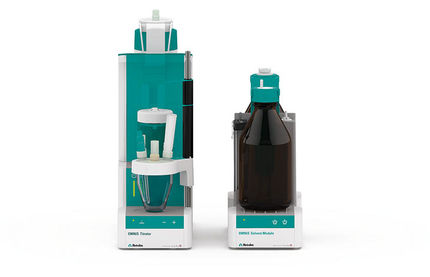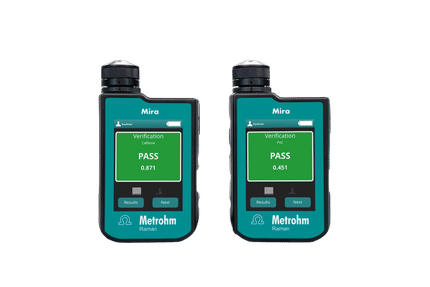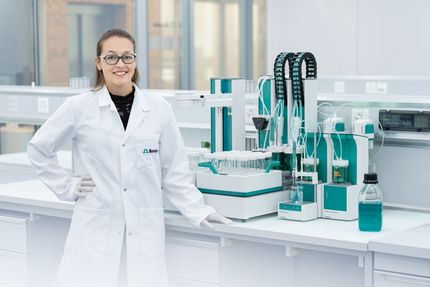To use all functions of this page, please activate cookies in your browser.
my.chemeurope.com
With an accout for my.chemeurope.com you can always see everything at a glance – and you can configure your own website and individual newsletter.
- My watch list
- My saved searches
- My saved topics
- My newsletter
TriethylaluminiumTriethylaluminium or TEA ( (CH3CH2)3Al ) is a volatile organometallic compound which is used in various chemical processing and as an ignitor for jet and rocket engines. It is a colorless liquid with melting point -50 °C, boiling point 128-130 °C at 50 mm Hg, flash point at -18 °C, and a characteristic smell. It is corrosive, causes burns, and is highly destructive to respiratory tract. Its CAS number is [] and its EINECS number is 202-619-3. Its risk and safety phrases are R14 R17 R34 S16 S42 S45. Product highlightTEA is pyrophoric (can ignite on contact with air) and will ignite and/or decompose on contact with water, and with any other oxidizers. [1] TEA is one of the few substances volatile enough to ignite on contact with cryogenic liquid oxygen, which makes it particularly desirable as a rocket engine ignitor. It also can be used as a rocket fuel, but has not been for any production vehicle. [2] Thickened pyrophoric agent (TPA)Triethylaluminium thickened with polyisobutylene is used as an incendiary weapon, as a pyrophoric alternative to napalm, e.g. in the M74 rockets for the M202A1 launchers. [1] In this application it is known as TPA, for thickened pyrotechnic agent or thickened pyrophoric agent. See also
References
Categories: Organometallic compounds | Aluminium compounds | Rocket propellants | Rocket fuels |
| This article is licensed under the GNU Free Documentation License. It uses material from the Wikipedia article "Triethylaluminium". A list of authors is available in Wikipedia. |







